Embarking on a safari is a journey into the heart of nature, a chance to witness the raw beauty of wildlife and immerse oneself in the untamed landscapes. At Hylton Langley Safaris, we understand that each guest seeks a unique adventure, and we take pride in curating experiences that cater to diverse preferences and desires. As we enter 2024, let's explore the most requested safari destinations, ranked from low to high, based...
The Ultimate Checklist for Sustainable Safaris: How to Make Every Trip Count!
Responsible and sustainable ecotourism is an increasingly important part of wildlife conservation. As the global population continues to grow, so does our impact on wildlife and their habitats. Responsible tourism provides a way for travelers to explore and appreciate nature without causing any lasting harm or damage. By being conscious of how we travel and interact with wildlife, you can help conserve species and ecosystems in our world’s fragile natural areas when going on a Safari.
In this blog post, we will discuss the importance of sustainable ecotourism for wildlife conservation and provide some tips on how you can be more mindful when visiting Africa's wilderness areas.

(Photo credit Margaux Langley)
What is sustainable ecotourism?
Ecotourism can be defined as responsible travel to natural areas, that will benefit the local communities and the wildlife and environment through economic upliftment.
By going on a safari, you are directly financing wildlife conservation, and giving local community members tangible incentives to protect Africa's wilderness
As a company, we place a strong emphasis on sustainable ecotourism practices. To us, it means showing our commitment to conservation, helping uplift the local communities surrounding wilderness areas, and supporting like-minded eco-conscious safari operators and lodges in order to have a positive impact through conscious safari travel.
It also means that we play an educational role to inform potential safarigoers about how you can leave Africa in a better state than they have found it- all through a couple of very simple and easy travel tips.
Tips for a Responsible Safari Vacation
Here are our best responsible travel tips for an African Safari Vacation:
1. Use a reputable and experienced Safari planner that places a focus on sustainable travel.
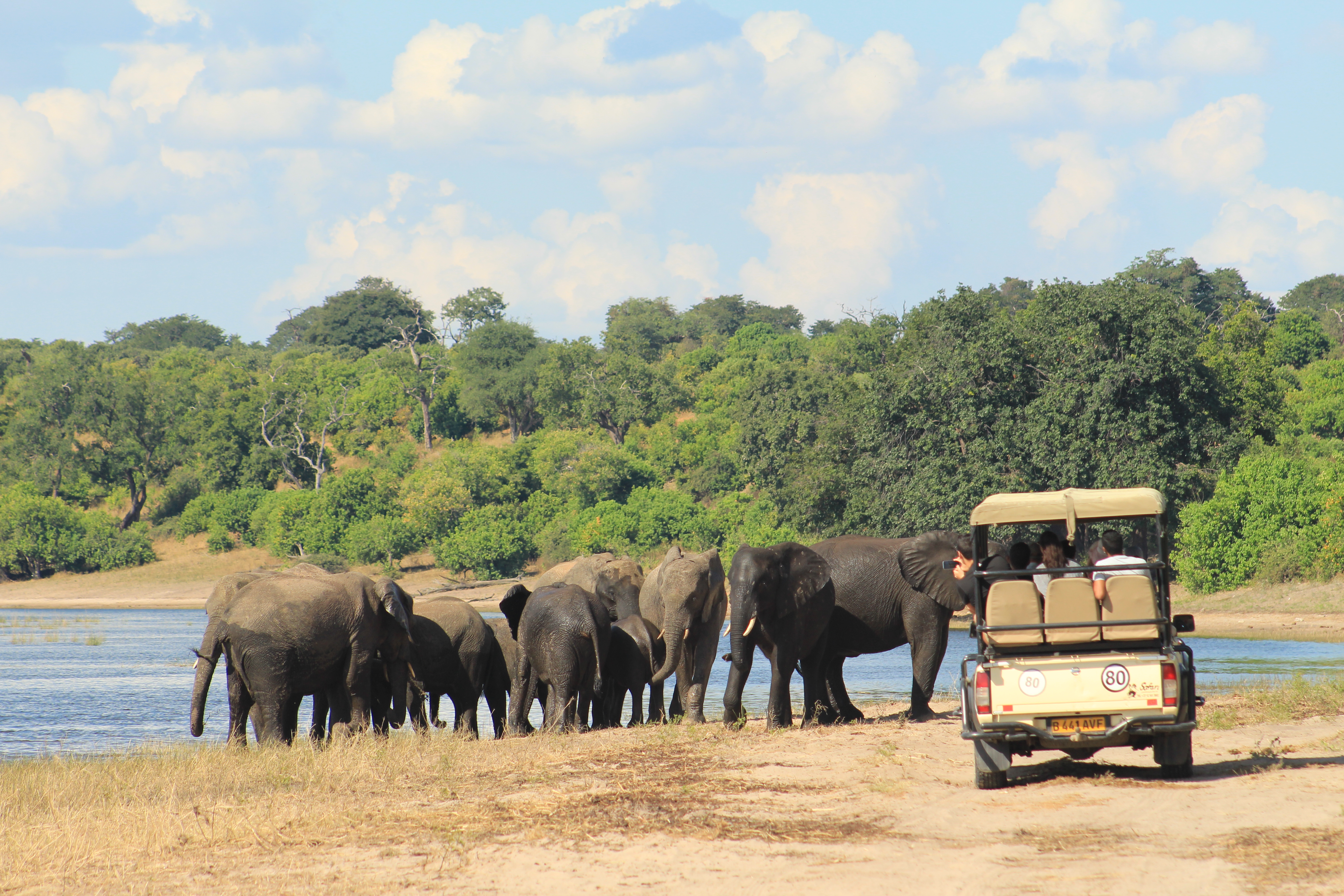
(Photo credit Margaux Langley)
Ask your travel agent or safari planner questions about the service and products they are suggesting, as well as their own sustainable business operations and practices.
- What is your company's commitment to sustainable ecotourism, and how are you making this a measurable reality?
- Are the suppliers and lodges you are recommending part of any regional ecotourism initiatives? (The Long Run or One Planet)
- Do you or your suppliers support conservation or environmental programs, and how could I get involved if I chose to do so?
- How are the camps and lodges you are suggesting supporting local employment and development programs?
- Does your company condone unethical safari practices? (Avoid recommending cub petting or exploitative visits to local communities)
2. Stay at Sustainable lodges and camps.

(Photo Credit Thornybush)
By researching and enquiring more about the lodge or safari camps' environmental practices, you will be in a better position to make an informed decision about your choice of camp.
Important questions to keep in mind include:
- Does the lodge have programs in place that supports and protects endangered species from human-wildlife conflict? (Rhino-monitoring or anti-poaching)
- Are they solar-powered?
- Do they have water conservation practices in place? (Grey water recycling)
- Do they prioritize local and sustainable suppliers and producers?
- Do they give back to the local community through sustainable job creation and community upliftment programs?
- Do they have recycling systems in place?
- How do they prevent food wastage?
- What is their stance on single-use plastics? (What refill and reusable options are in place)
3. Fly less, stay longer.

(Photo credit: Tswalu Kalahari)
By staying longer in one camp, instead of staying at multiple camps, you will not only reduce the carbon emissions produced during internal flights, but you will also be saving money, as many lodges and camps also offer longer stay specials.
4. Participate in eco-friendly activities and get off the vehicle.
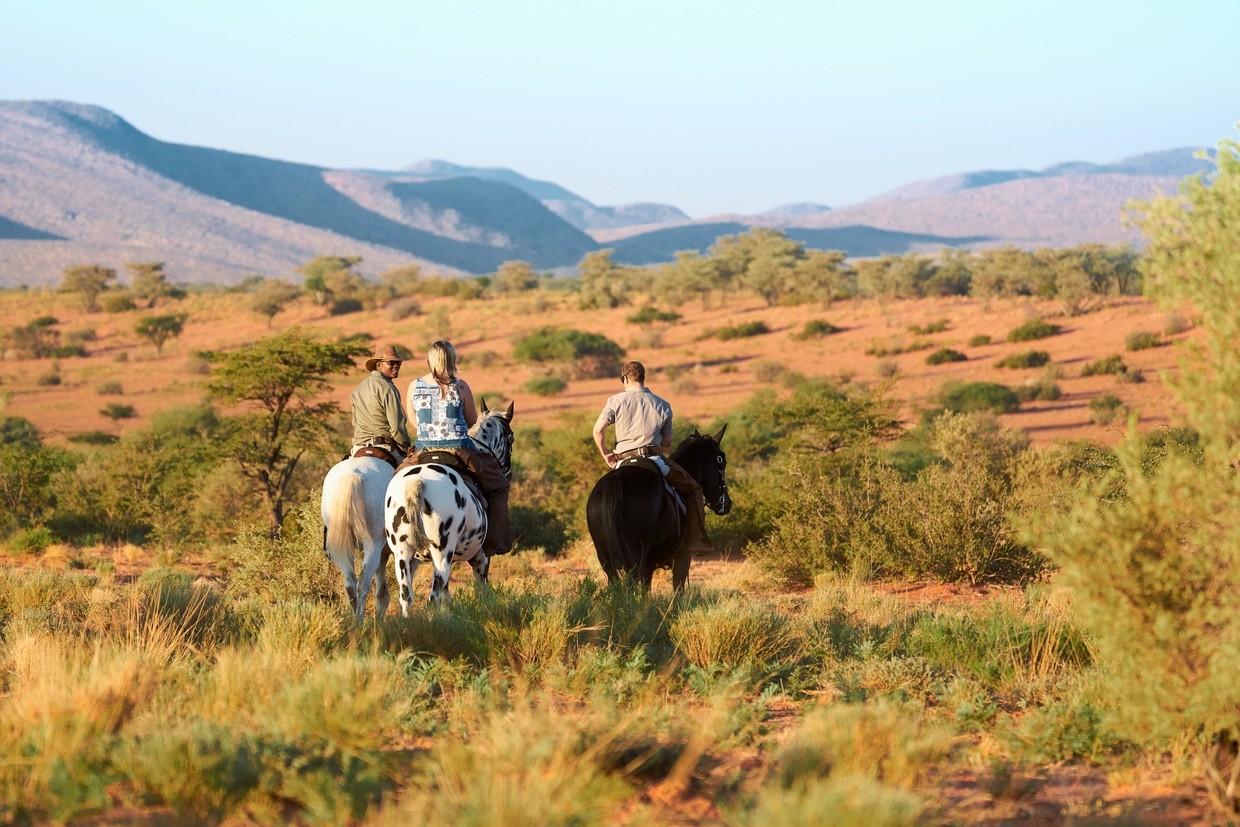
(Photo Credit: Tswalu Kalahari)
Opt for eco-friendly activities that move you away from the safari vehicle. By participating in a canoe trip, horse safari, cycling, or walking safari, you will have a smaller contribution toward CO2 emissions.
All of these offer some of the most thrilling ways to experience the smaller intricacies of Africa's wilderness that are often overlooked whilst seated on a safari vehicle.
5. Reduce plastic waste by using reusable containers/bags when possible.
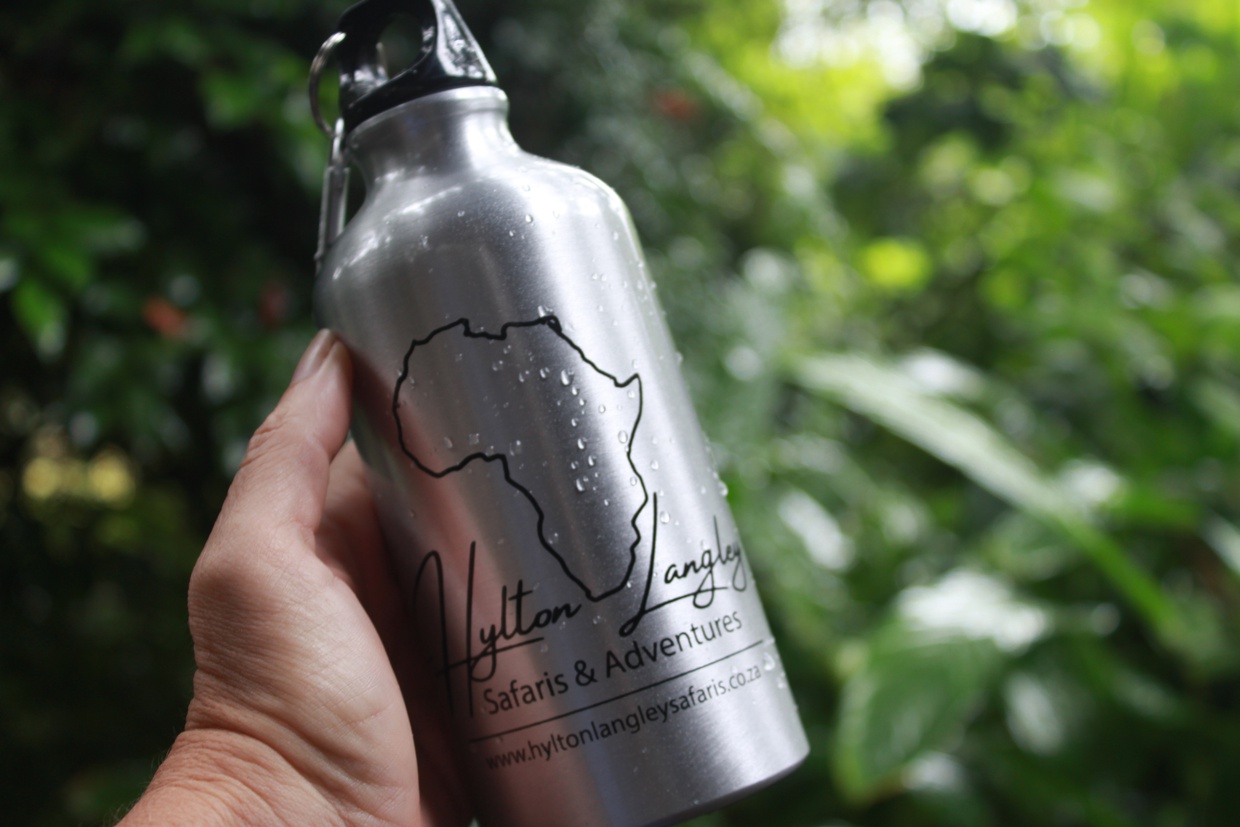 (Photo Credit: Margaux Langley)
(Photo Credit: Margaux Langley)
Some African countries, like Rwanda, have taken a strong environmental stance against single-use plastic. By planning and traveling with some of your own reusable items you will be able to limit the waste that you are potentially generating.
- Bring a refillable water bottle or if you are scared to drink the water from the local area, opt for using water that is bottled in a glass container.
- Bring your own travel mug for beverages. Many single-use coffee cups are not easily recycled in rural areas.
- Bring your own toiletries to avoid using the small single-use plastic shampoo, conditioner, or body wash bottles that are often supplied at the camps
- Bring your own reusable bag. This could be very useful when going souvenir shopping or for carrying small items around.
6. Be mindful of souvenir shopping
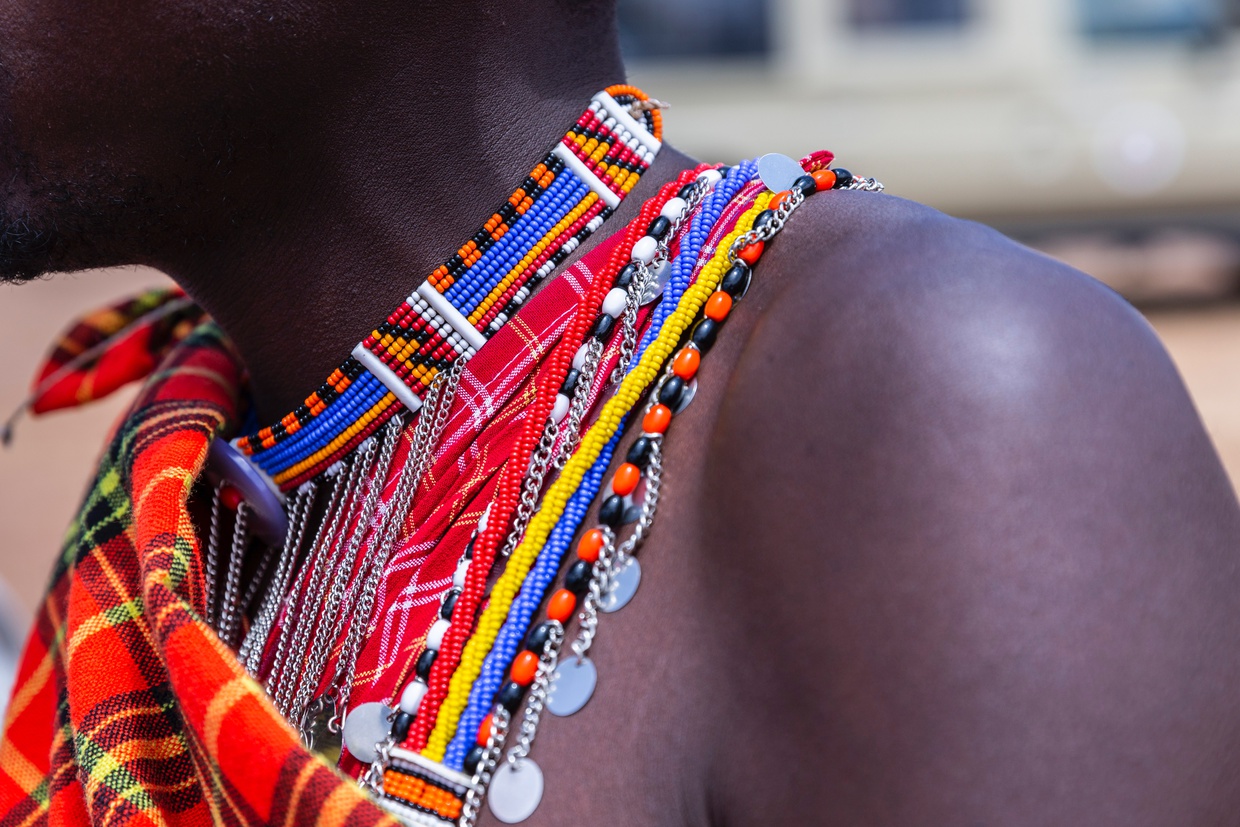
(Photo credit: Brian McMahon)
- Avoid purchasing wooden carvings unless it can be proven that it is made from an exotic wood
- Avoid purchasing items made from ivory or rhino horn
- Support locally produced items, instead of buying massed produced items that are often made in other countries.
7. Support local community and conservation initiatives

(Photo credit: Margaux Langley)
Find out more about potential local communities or conservation initiatives that you can either visit or support. Find out about joining a hands-on conservation experience, where you will be able to not only get in the field with experienced conservationists and rangers, but where your money will be used directly towards conservation initiatives.
For more information on some of the conservation initiatives we support, check out our Impact Initiatives that are close to our hearts.
Further Reading
Hylton and I recently hosted a luxury safari through Southern Africa. We began in the Cape Winelands with exceptional food and wine before heading to Botswana’s Okavango Delta, where high floodwaters meant boat-only access to our camp, and lions on the island with us. We had incredible sightings, from wild dogs on Hundu Island to elephants in narrow channels. In Linyanti, we saw leopards and lions at Duma Tau, and ended the...
January is nearly behind us, and what a start to 2025 it has been!
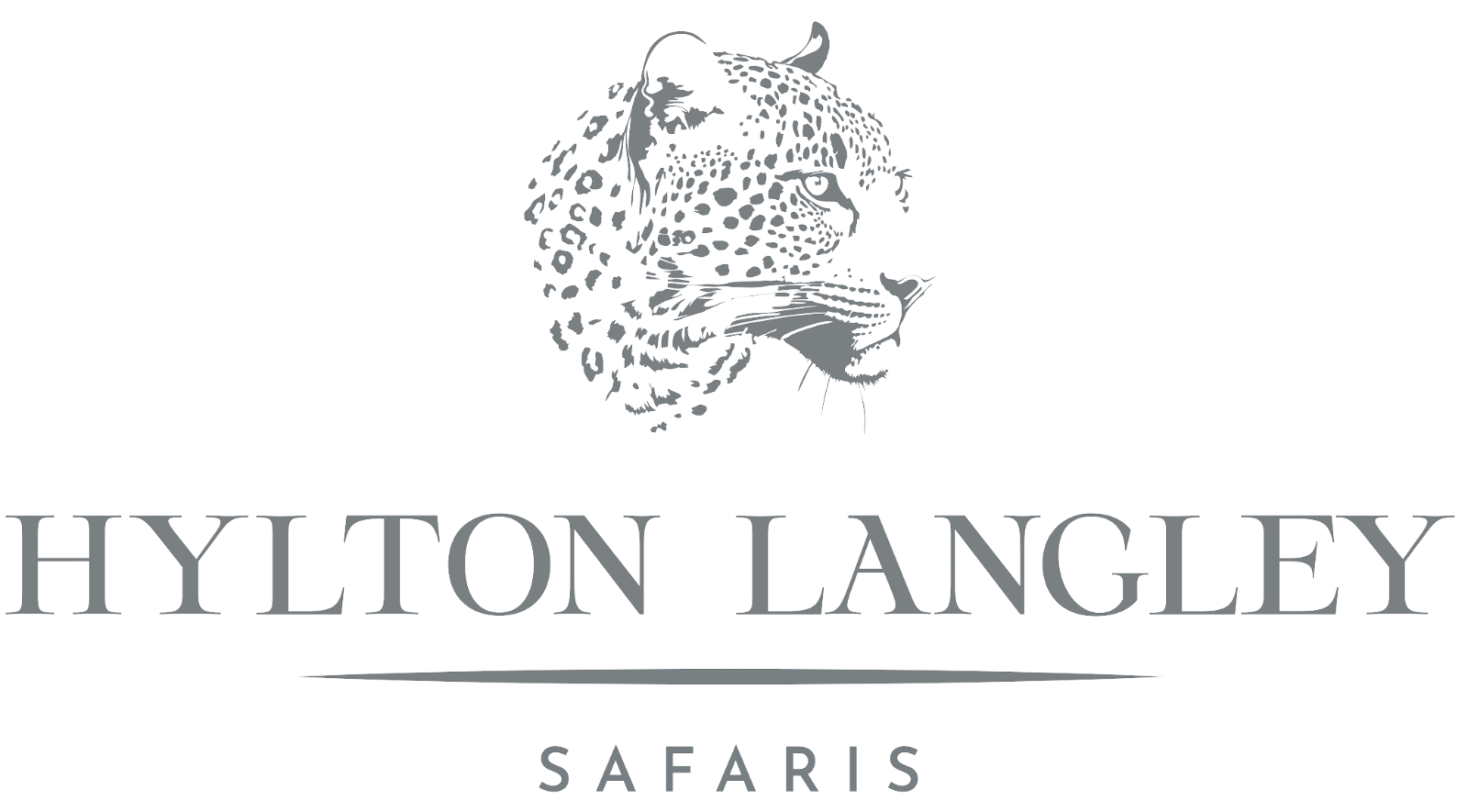





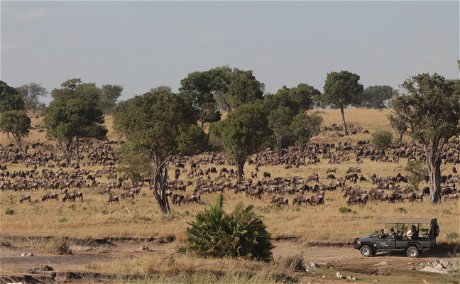
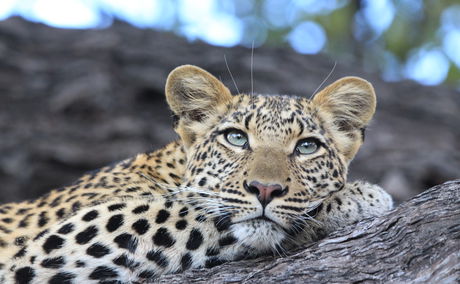
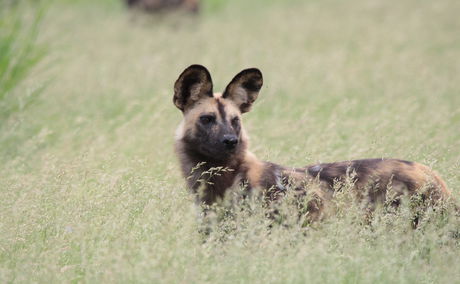
Share This Post